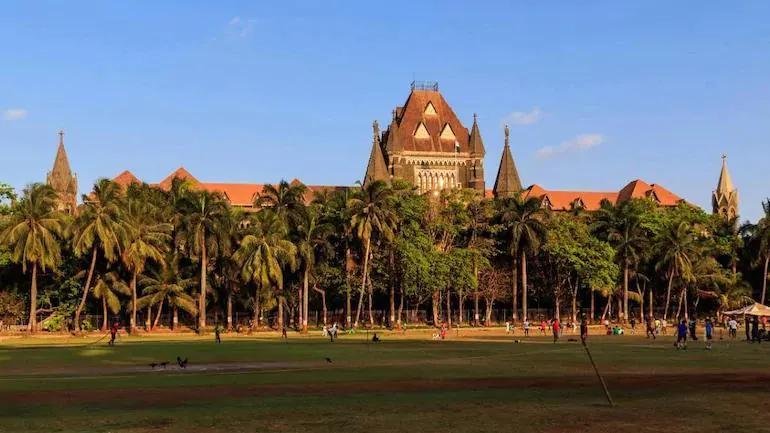Bombay HC Pushes for Preservation of Mumbai’s Open Spaces Amid Growing Development Pressures
Mumbai, December 5, 2024 – The Bombay High Court has issued a strong reminder regarding the importance of preserving Mumbai’s open spaces and sports facilities, crucial for the city’s youth and future athletes. In light of ongoing concerns about the city’s shrinking green areas, the court urged for a proactive approach to ensure that future generations inherit spaces that promote a healthier, more active lifestyle.
“It is for future times. What are we passing on to the following generation?” questioned Justices Advait Sethna and Girish Kulkarni during a hearing on December 5, 2024. The bench’s concern arose from a suo motu case reviewing the Maharashtra Slum Areas (Improvement, Clearance and Redevelopment) Act, 1971, following a Supreme Court ruling that prompted the HC to perform a “performance audit” of the law. The court raised alarms about the potential loss of crucial spaces for young athletes if private developers were allowed to take over these areas for redevelopment projects. Justice Kulkarni expressed particular worry about the future of aspiring athletes, pointing to the story of cricketer Yashasvi Jaiswal, who trained on the streets near Azad Maidan before making it to national prominence. “Where will young talent go if these open spaces are taken away?” he asked, highlighting the critical role that such spaces play in nurturing talent.
The judges also drew attention to the abandoned world-class sports stadium project planned by CIDCO in Navi Mumbai. Initially designed to serve as a major sports hub, the project was scrapped in favour of private development. The bench questioned the state’s failure to prioritize such essential infrastructure, particularly with India’s bid to host the 2036 Olympics on the horizon. “Would you like Bombay to host the Olympics? If so, where will these top-notch facilities be?” the bench asked. Justice Kulkarni’s concerns were echoed by an amicus curiae, who presented a report listing over 100 obstacles that have hindered the successful implementation of the Act. Among these obstacles is the difficulty of recognising and designating slum areas for redevelopment. The state government, in response, assured that it would address these issues and, where necessary, consider amendments to streamline the Act’s execution.
In response to concerns about the potential harm to Mumbai’s open spaces, Advocate General Birendra Saraf assured the court that the state was working to resolve issues administratively. He confirmed that some adjustments had already been made to improve the Act’s effectiveness, with the state committed to addressing the city’s most pressing challenges first. The court also addressed the controversial government circular requiring developers to pay two years’ worth of rent in advance before starting reconstruction work. This provision, aimed at protecting slum dwellers in case of delays, has faced resistance from developers, some of whom have filed petitions to challenge the rule. The Bombay HC has asked for suggestions from all parties involved by January 31, 2025, with the state expected to review the report by January 15. Regular hearings on the case will commence on February 14, 2025.


